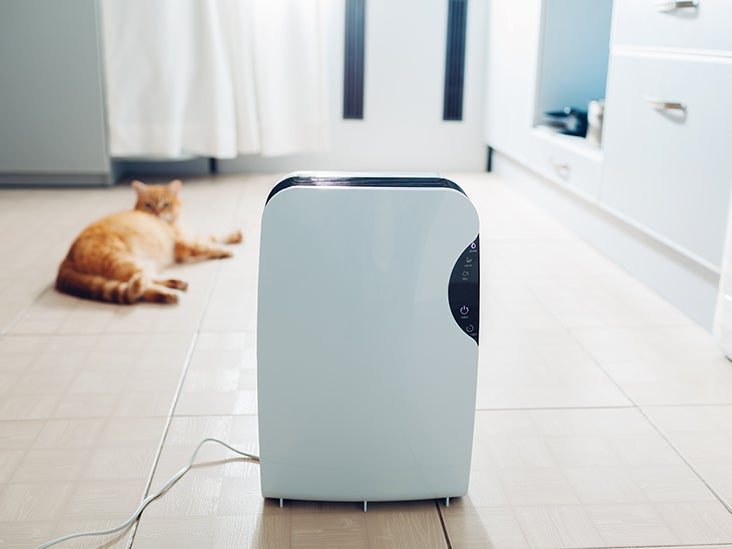According to the Environmental Protection Agency (EPA), air purifier technology has evolved so much that it is now almost as easy to use as a vacuum cleaner. "Now, filters can be replaced easily and quickly with one part replacement kit," says the agency. Many air purifier models also come with HEPA filters. Those with filters may help prevent asthma attacks by removing airborne allergens. In addition, air purifier benefits for your home include cutting down on allergies, asthma attacks, sneezing and other breathing difficulties, according to the EPA.
According to Smart Air Purifiers Association, air purifier technology has reached a whole new level and it does an even better job than before. The air purifier's performance depends on the air purifier's size, filter type, air purifier model, number of HEPA filters, and air purifier system quality. "The best air purifier for my family is the one that removes the most air pollutants, but doesn't remove the smell," says Robert J. Reisinger, owner of Reisinger Outdoor Living. "I want to know that my family and guests are not affected by the nasty smells coming from my air purifier."
A good air purifier will remove all the air pollutants, but it will also remove volatile organic compounds (VOCs) and odors. According to the Environmental Protection Agency, VOCs are the most common indoor air contaminants. The majority of homes use an air purifier or a filter to reduce VOCs. "Many people who have air purifier benefits for their home don't realize that they need to change their air purifier filters regularly," says Reisinger. "A filter that is too dirty can affect the effectiveness of your air purifier."
A good air purifier also provides the benefits of improved indoor air quality, protection against mold and dust mites, reduction of allergic reactions, and reduction in respiratory infections. Many researchers agree that air purifiers offer these benefits to a majority of allergy sufferers. According to the U.S.E.P.A., "Chronic exposure to toxic substances such as air pollution, cigarette smoke, pet dander, and certain gases can cause or aggravate several types of diseases including chronic bronchitis, asthma, sinusitis, and pre-term birth." Many researchers agree that the air purifier's benefits extend beyond these symptoms. "People who suffer from allergies or asthma may also find that their air purifier reduced or eliminated their symptoms," says Reisinger.
In addition to reducing allergens, air purifiers can also reduce other common irritants. For example, if you're an allergy sufferer, it's important to know what irritants you're most bothered by. This will allow you to buy air purifier filters designed to tackle those particular allergens. Conversely, if you don't know what irritants you're bothered by, you'll have to guess. It's often easiest to purchase air purifier filters online, as you'll then be able to read reviews and learn more about which air purifier best reduces that irritant.
The benefits of the air purifier are clear. However, the smart air purifier buyer must also consider cost and energy consumption. Since the air purifier is directly attached to the air source, it requires energy to operate. More air purifier filters require more energy to operate, so if you're on a budget you might want to consider one with a lower energy consumption. However, you must consider the air purifier's overall cost and how it will affect your monthly power bill when making your decision.

No comments:
Post a Comment